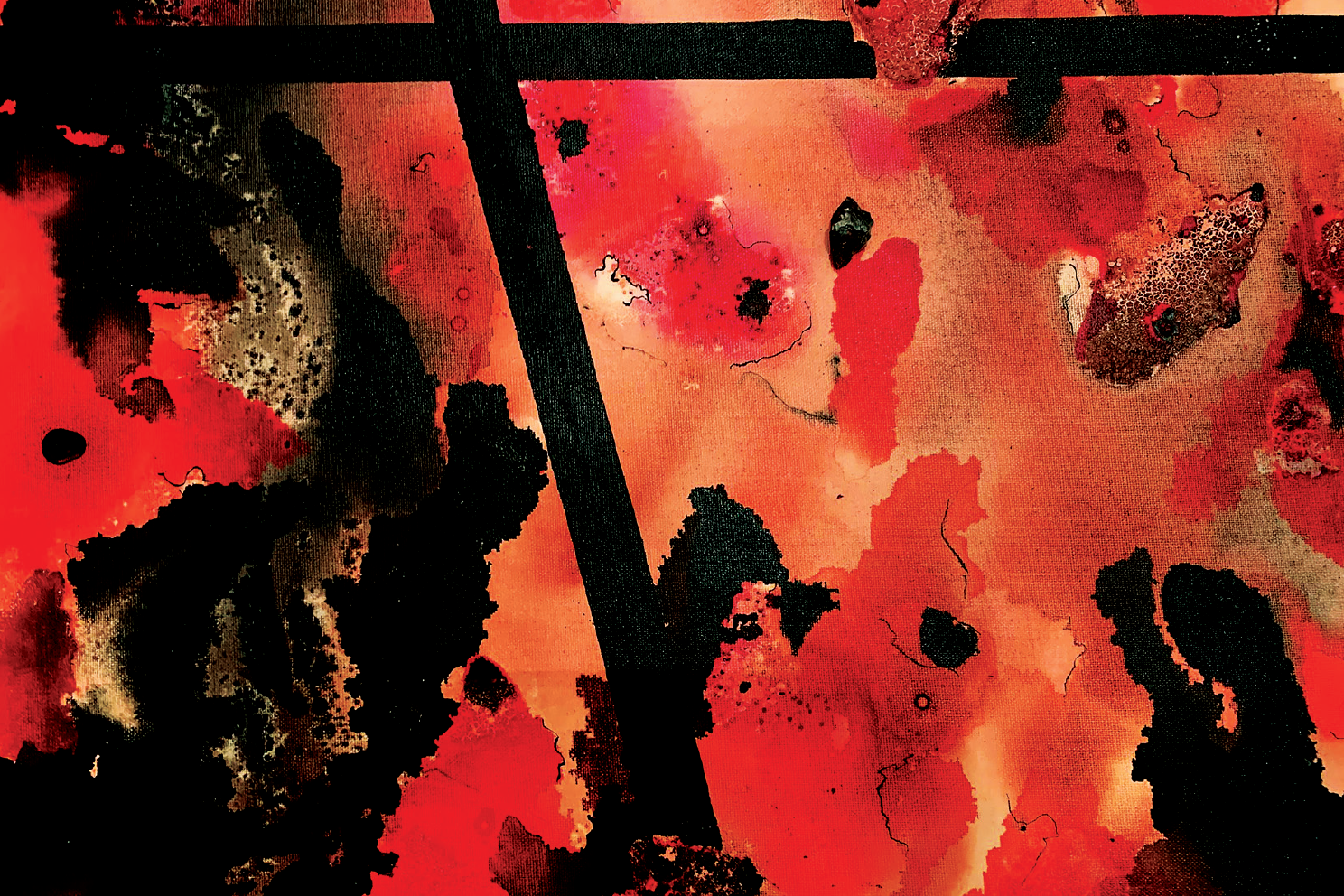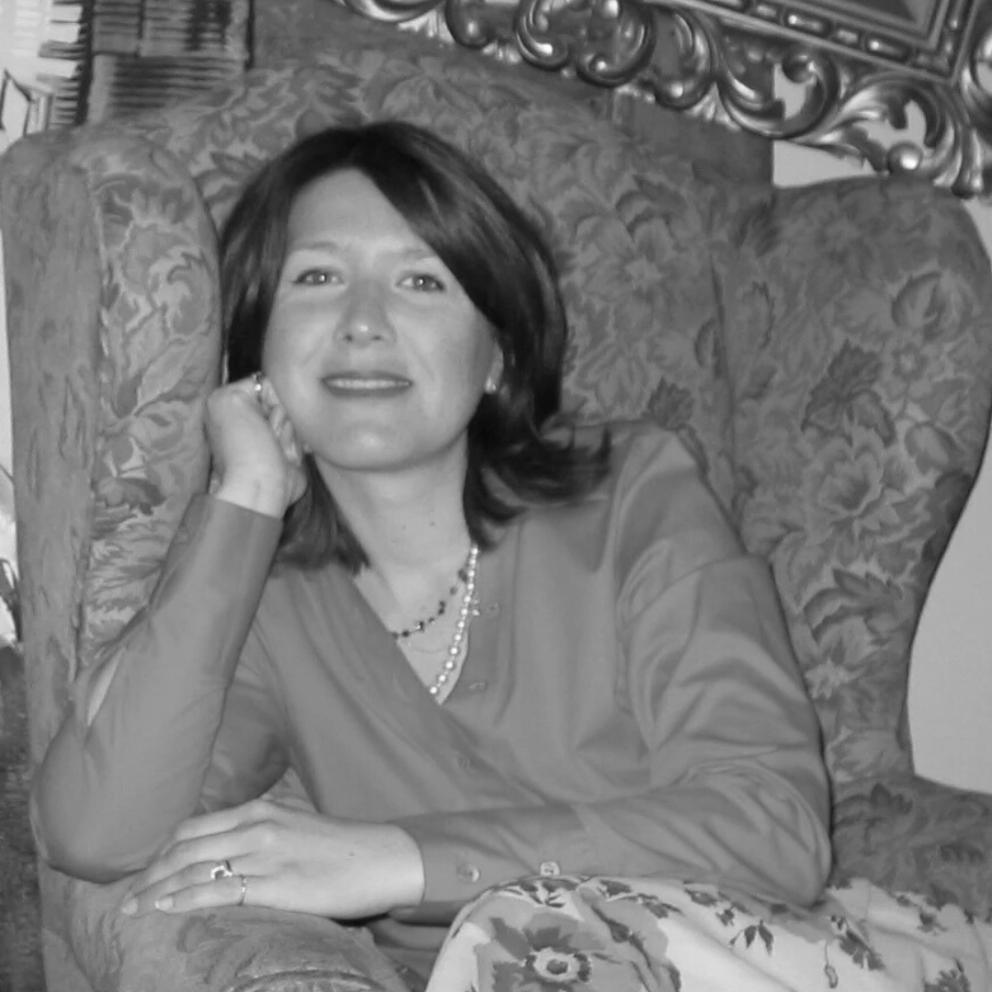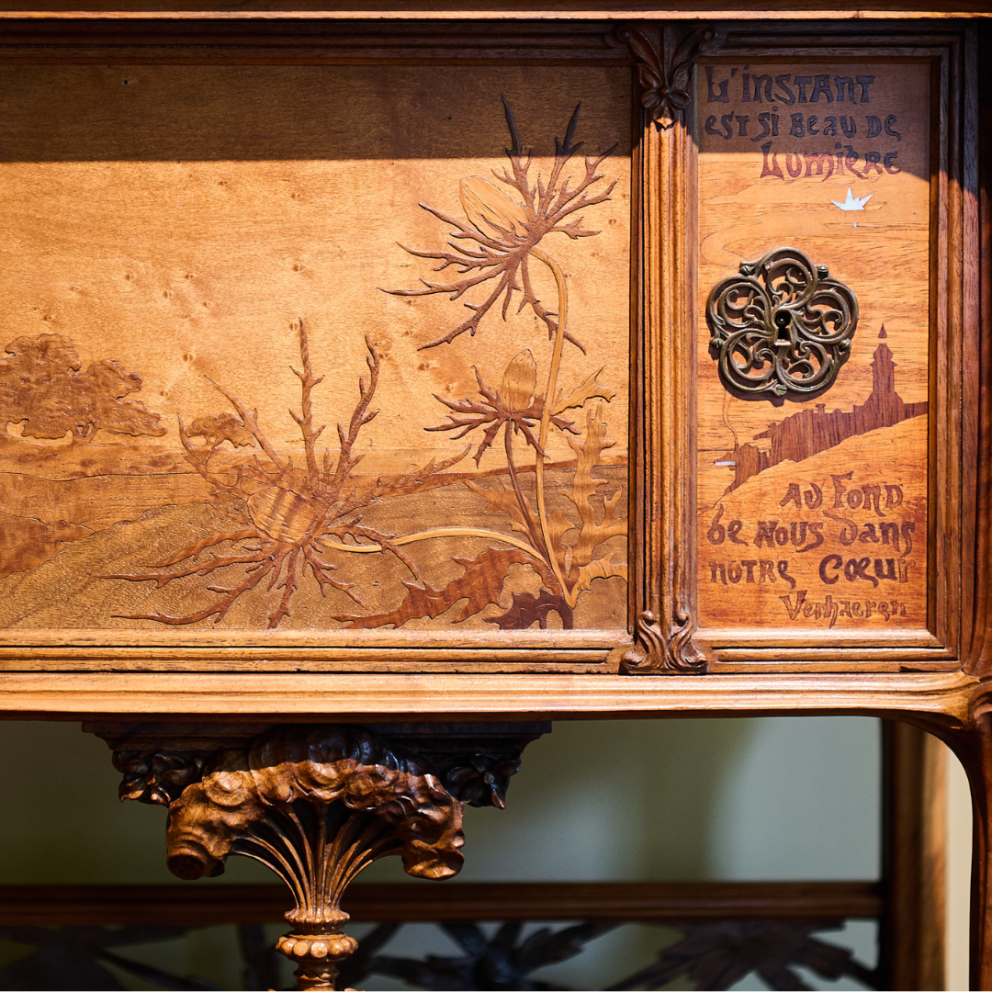
La poésie comme remède au monde devenu hostile
Une conférence en anglais, par Carole Bourne-Taylor
Face à la fragilité croissante de notre monde, la notion de « demeure poétique » apparaît comme une réponse essentielle. Depuis Baudelaire, la poésie propose une manière d’habiter plus attentive, en résonance avec le vivant, en opposition à la marchandisation et à l’abstraction. En tissant des liens entre imagination, perception et éthique, elle devient un espace de connexion entre l’humain et son environnement.
Pour sa seconde conférence en partenariat avec l’unité de recherche Modernitas (ULB, MSH), la Maison Hannon a le plaisir d’accueillir Carole Bourne-Taylor (Brasenose College, Oxford) pour une conférence Poetic Dwelling: a Phenomenology of Attentiveness, Attunement and Attachment
Abstract
As our dwelling place becomes more and more a deadly place, the case for rethinking the imperative of ‘poetic dwelling’ is compelling. Rooted in a growing sense of fragility, it has been poetic modernity’s concern since Baudelaire.
Providing a place for all ‘ways of being alive’ (Baptiste Morizot) to take place and fostering a less anthropocentric and more empathetic way of relating to the world, poetry can counteract consumption, commodification and over-conceptualisation, thus fulfilling its vocation as poéthique (as conceptualised by Jean-Claude Pinson). Inaugurated by Baudelaire’s regime of pensivité poétique (Michel Deguy), it relies on imagination as an operation of ‘rapprochement’ to achieve ‘attachement’ – via attention and attunement and a concomitant sense of wonderment.
The fertile field of environmental humanities and relational thinking calls for a fresh take on poéthique so that voyancemay be equated with vigilance – described as ‘l’attitude poétique’ par excellence (Belinda Cannone). Vinciane Despret’s pragmatic ethology, Olivier Remaud’s ‘geosolidarities’, Baptiste Morizot’s ‘ways of being alive’, Yves Citton’s ‘ecology of attention’ and Hartmut Rosa’s ‘resonance’ synergize to sharpen a new sensibility and reframe the poethic endeavour.
Emulating Baudelaire’s ability to fathom ‘flowers and silent things’ and sharing Yves Bonnefoy’s lucid exigency and humility, Emmanuel Merle’s poetic and visual practice is an initiation into looking, listening and articulating (joining and naming), thus delineating a space of interconnectedness for elemental expressivity: therein lies the value of his phenomenological notion of ‘avoir lieu’ (taking place) fusing poetry and life, time and space, expression and experience. Merle’s lapidary style (through coining ‘words-phonolites’) is ideally placed to capture ‘the logos of the sensible world’ (Merleau-Ponty) or ‘the logos of the living world’ (Louise Westling): no mere medium, language, here, becomes a milieu.
A sense of poetic responsibility contributes to downplaying rationality in favour of relationality. Poetry’s paradoxical and perpetual ‘knowing ignorance’ (Joseph Acquisto) – or unknowing – is a blessing in disguise: a productive paradigm, a foundation for an ethical approach and a force.
Carole Bourne-Taylor is Associate Professor in French and Fellow of Brasenose College, Oxford. She has held a visiting professorship in Vilnius and a senior research fellowship GATES (ANR-France 2030) at Grenoble-Alpes. Her PhD was published as L’Univers imaginaire de Virginia Woolf (Éditions du Temps, 2001, with a preface by Jean Guiguet and a postface by Gilbert Durand). Amongst her publications in the field of English, there is the introduction to Charles Morgan's Three Plays, and Dramatic Critic. Selected Reviews (2013). But her research is interdisciplinary, encompassing comparative literature, the problematics of mourning, contemporary French poethics, phenomenology and the performing arts. She co-edited Phenomenology, Modernism and Beyond (Peter Lang, 2010) and Variations on the Ethics of Mourning in Modern Literature in French (Peter Lang, 2021). She is currently working on Emmanuel Merle’s poetry and co-editing a volume on (In)habitabilité: conditions, enjeux, visions (to be published by Iris, Grenoble, 2027) and writing a biography of Alice Sapritch (to be published by Garnier, Paris).


